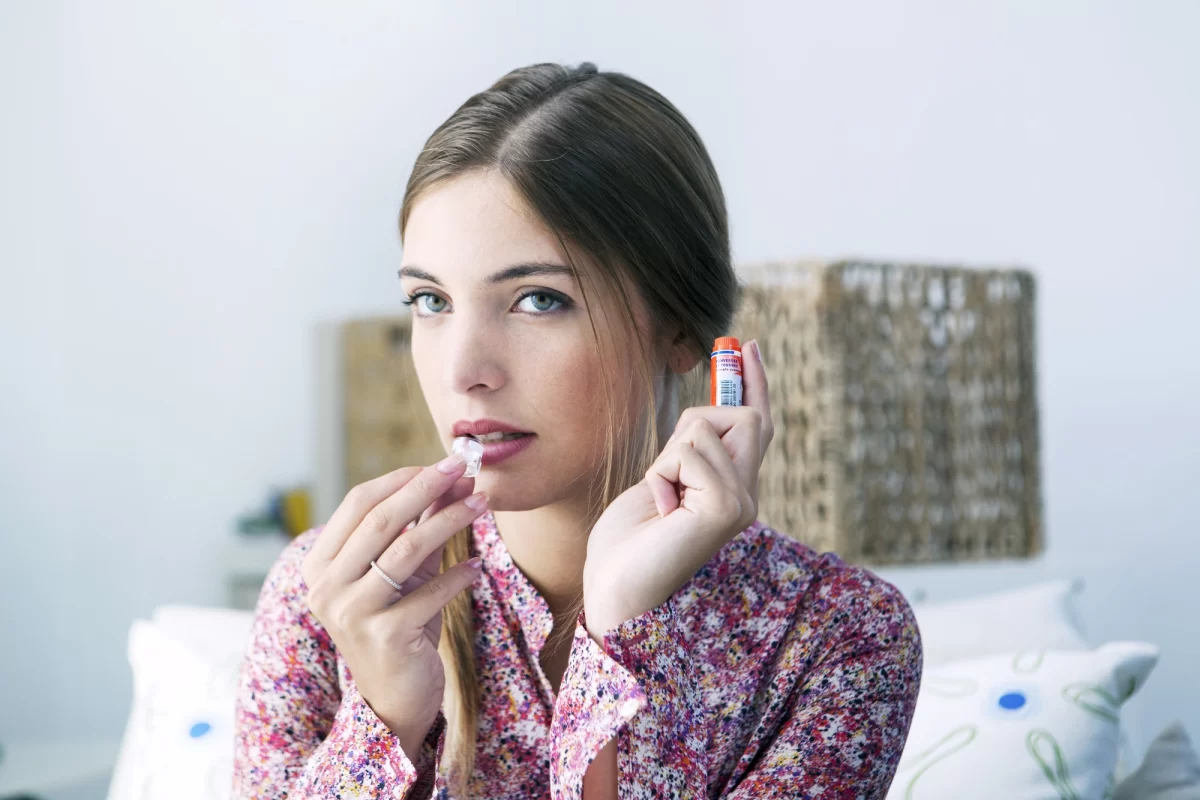According to the results of a national French study: Medioni J, Scimeca D, Lopez Marquez Y, Leray E, Dalichampt M, Hoertel N, et al. Benefits of complementary homeopathic treatment in breast cancer patients: A retrospective cohort study based on the national health database of France. Clinical Breast Cancer 2022; 23:60-70, patients with breast cancer benefit from additional homeopathic treatment.
Many patients with cancer use complementary medicine as part of their supportive care, with homeopathy being one of the most used complementary therapies: it is reported that 12-19% of breast cancer patients use it (1). The study by Medioni et al. assessed the benefits of using homeopathy alongside conventional medical treatment in women with non-metastatic breast cancer, retrospectively analyzing the treatment of 98,000 women in the national health database (2). This study is the first large comparative study to assess the benefits of additional homeopathic treatment in breast cancer patients in France.
The results suggest that homeopathy can help patients cope with the physical side effects of cancer treatment, improving their quality of life; reducing the need for conventional medications prescribed for managing side effects and reducing healthcare costs. Medioni et al. demonstrate the value of homeopathy as part of an integrated approach to cancer care for breast cancer patients.

According to the results of another interesting French research study Clair-Antoine Veyrier, Guillaume Roucoux, Laurence Baumann-Coblentz, Jacques Massol, Jean-Claude Karp, Jean-Philippe Wagner, Olivier Chassany, Martin Duracinsky. Homeopathy as an empowerment of patients and an active path towards supportive care for non-metastatic breast cancer: A qualitative study (TOUCAN). European Journal of Integrative Medicine 64 (2023) 102308, doi.org/10.1016/j.eujim.2023.102308, homeopathy acted as a gateway to supportive care in tandem with conventional treatment. The study involved fifty people: 28 patients, 13 oncologists, 6 homeopaths, 2 gynecologists, and 1 nurse. Homeopathy was rarely present in the conventional care pathway for patients. Turning to homeopathy was often a patient initiative. Homeopathy was included to prevent or resolve cancer treatment side effects, trying to maximize clinical outcomes. Homeopathy was often used early in the care pathway if the patient had already consulted a homeopath. For others, fear of chemotherapy initiated an active search for solutions. Using homeopathy was a form of empowerment and engagement, not limited to patients who typically used homeopathy. Most patients were treated by a general practitioner specialized in homeopathy, which was acknowledged by their oncologist.

Positive news also comes from Italy, where a retrospective observational study was conducted Rossi E, Noberasco C, Picchi M, Stefano MD, Nurra L, Rossi A, Ventura L. Homeopathy and Complementary Integrative Medicine, Dietary and Lifestyle Advices to Reduce Adverse-Effects of Anti-Cancer Therapy: A Cohort Study with Breast Cancer Patients. OBM Integrative and Complementary Medicine 2018;3(3):017 doi: 10.21926/obm.icm.1803017 on 204 breast cancer patients (all women except 1 man) who consecutively visited the Lucca homeopathic clinic from September 2013 to December 2017, with an average age of 54.8 (35-88) years. Namely, to manage the side effects of anti-cancer treatment, the Lucca homeopathic clinic collaborated with the oncology department of the Northwest Tuscany Health Unit Lucca and established the Integrative Oncology Outpatient Clinic at the Campo di Marte Public Hospital. The purpose of this study was to present the results of treatment with homeopathic and complementary integrative medicine aimed at reducing the side effects of anti-cancer therapy and cancer symptoms, and to provide dietary and lifestyle advice to improve the quality of life of breast cancer patients. The intensity of symptoms was assessed according to the following grading system: G0 (absence of symptoms), G1 (mild), G2 (moderate), and G3 (severe), as assessed by the patient in collaboration with the doctor during visits. The severity of radiodermatitis was assessed according to the Radiation Therapy Oncology Group (RTOG) scale. Homeopathy was the main prescribed therapy; herbal preparations, acupuncture, and dietary advice were also provided. The most treated symptoms were side effects due to anti-cancer therapies (84.3%), such as endocrine therapy (36.3%), chemotherapy (33.3%), radiotherapy (9.8%), and surgery (4.9%). Symptoms caused by cancer were 25.5% and symptoms caused by comorbidities were 21.6%. A comparison of clinical conditions before and after treatment revealed significant improvement in the following symptoms: hot flashes (p < 0.01), nausea (p < 0.01), fatigue (p < 0.01), anxiety (p < 0.05), depression (p < 0.01), insomnia (p < 0.01), mucositis (p < 0.01) and joint pain (p < 0.01). The severity of radiodermatitis from radiotherapy was significantly lower in 17 consecutive patients with the homeopathic integrative protocol compared to a control group of 13 patients without treatment. The results of this study demonstrated the possibility of reducing the side effects of anti-cancer therapy and improving the quality of life of patients with breast cancer.
Ref.
- Molassiotis A, Scott JA, Kearny N, Put D, Magri M, Selvekerova S, et al. Use of complementary and alternative medicine in European breast cancer patients. Supportive Care Cancer 2006;14:260-267.
- Tuppin P, de Roquefeuil L, Weill A, Ricordeau P, Merlière Y. French national health insurance information system and sample of permanent beneficiaries. Revue d’Épidémiologie et de Santé Publique 2010;58:286-290.













